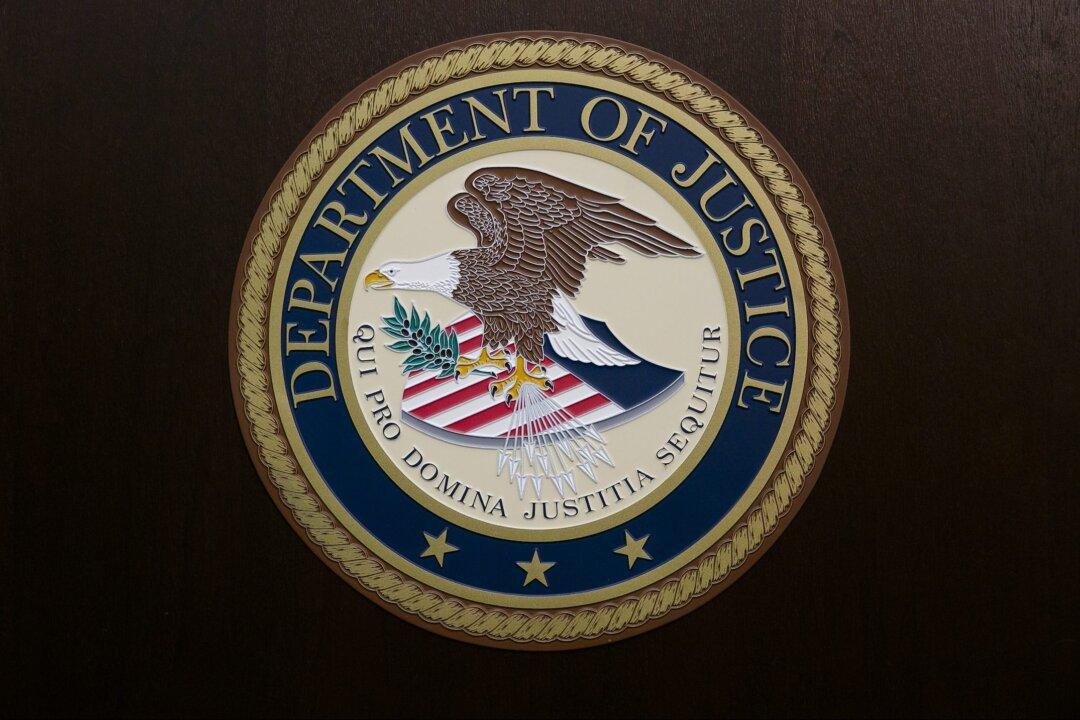The Justice Department (DOJ) has filed a complaint against an integrated health care system based in Indiana, accusing them of making false claims to the Medicare program.
Community Health Network Inc. (Community) has been accused of violating the physician self-referral law. Commonly known as the Stark Law, it prohibits hospitals from billing Medicare for services referred by a doctor or an immediate family member with whom they have a financial relationship, except when a statutory or regulatory exception applies.




